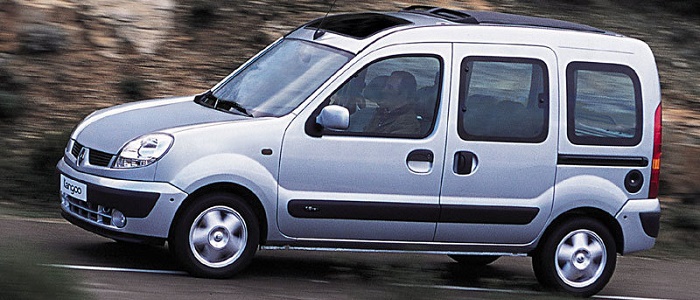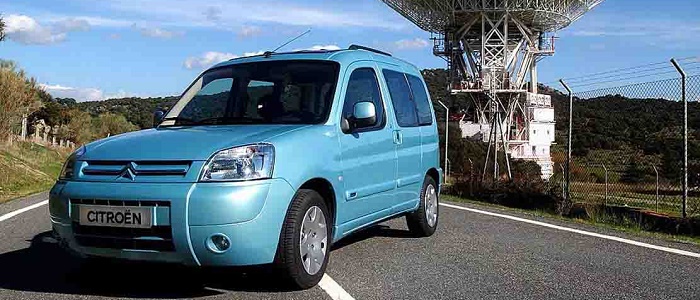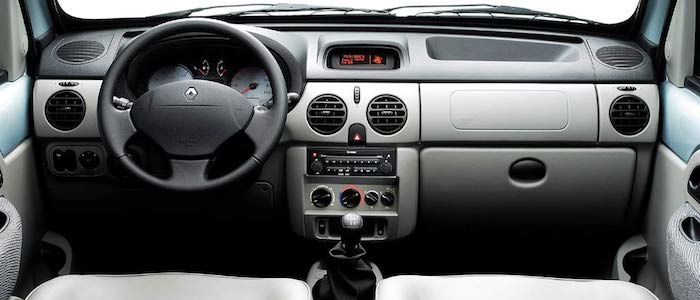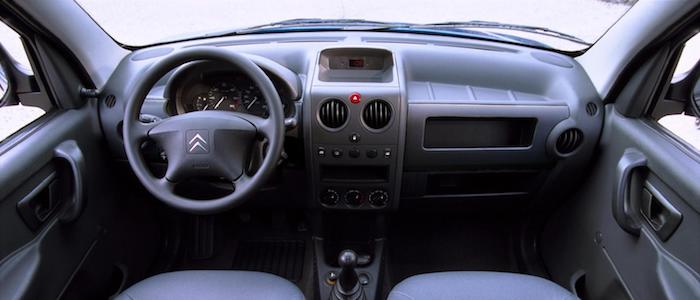Compare two cars
Compare any two cars and get our Virtual Adviser™ opinion
Marketing
Dimensons & Outlines
Engine
1.4 TU3 F2/K
Performance (manual gearbox)
Performance (automatic gearbox)
Expenses
Virtual Adviser's™ opinion
Well, these are two pretty similar cars we have here! It's only details that could potentially make the difference. Considering they both belong to the mpv segment and utilize the same 5-door MPV body style and the front wheel drive system, it all comes up to the specific petrol engine choice they offer. The first one has a Renault-engineered powertrain under the hood, a 4-cylinder, 16-valves 75hp unit, while the other one gets its power and torque from a 4-cylinder, 8-valves 75hp engine designed by Peugeot.
SafetyA starting point here would be to take a look at the results from European New Car Assessment Programme (Euro NCAP) tests which were performed on both of the cars, with the same number of safety stars gained in the process. Still, apart from the official crash test results there are other things we need to be aware of. Both vehicles belong to the mpv segment, which is generally a good thing safety-wise, still it doesn't help us solve our dilemma, does it? On the other hand, when it comes to weight, a factor that most people underestimate, Berlingo offers a considerable difference of 15% more metal.
ReliabilityReliability is not the best thing to consider on the make level, but it is worth mentioning that Renault does have a slight advantage, at least on all of the models level. That's the official data, while our visitors describe reliability of Renault, as well as Citroen, with the same average rating of 4.1 out of 5. Independent research findings rank Kangoo as average reliability-wise, and Berlingo is more or less at the same level.That apart, owners of different cars powered by the same engine as Kangoo rank it on average as 4.4, while the one under the competitor's bonnet gets 3.0 out of 5.
Performance & Fuel economyRenault is a bit more agile, reaching 100km/h in 0.5 seconds less than its competitor. In addition to that it accelerates all the way to 154 kilometers per hour, 6km/h more than the other car. When it comes to fuel economy things look pretty much the same for both cars, averaging around 7.1 liters of fuel per 100 kilometers (40 mpg), in combined cycle.
Verdict
Renault appears just a bit more reliable, although the difference is truly marginal. The most important thing when deciding between any two vehicles should always be safety, both passive and active. In my opinion, everything taken into account, Berlingo offers significantly better overall protection, taking the lead here. From there things take a different direction, with Renault offering somewhat better performance, just enough to call it quicker. To make things even better, it consumps less fuel! No mistake, whatever you decide here, but I'd still go for the Renault. Nevertheless, let's not forget that people have different preferences and needs, so what really counts is your personal feel. I'm only here to help. In case you have two minutes to spare I invite you to define your needs, desires and budget and see which car would be chosen by the virtual adviser™, out of 12.000+ vehicles we currently have in our database.
































